“Surely this cannot be right.” My travelling companion is not the only one looking doubtful as we emerge from a tunnel in the dark. We’ve been told the next train to Istanbul is due to arrive but where is it? More to the point, where is the platform?
We join the group of backpackers, huddled together on a narrow strip of gravel edged with old railway sleepers, barely wide enough to take a rucksack. Daisies push up between the tracks, a fox slinks through broken netting, stars wink at us between clouds. But, sure enough, two local women are also waiting for the train and someone in the group speaks enough Bulgarian to pass word down the line: “Train comes at 11.26.”
So we wait. And wait. At twenty minutes to midnight the stationmaster appears with his red hat and green stick to invite us back to the waiting room. The train now comes at 12.48, he says. The locals shrug and disappear into the night, we follow the red hat and green stick into the tunnel and back to the waiting room; a building site with benches. This is Dmitrovgrad somewhere in the middle of Bulgaria.
There are other ways to get to Istanbul. Patrick Leigh Fermor walked there from Holland in just over a year, between December 1933 and January 1935. These days you can fly direct from Edinburgh in roughly four and a half hours. We went by train, or, to be precise, eight trains and two buses, all the way from Edinburgh on our very own DIY Orient Express, pieced together with help from The Man in Seat 61.
Mark Smith (The Man in Seat 61 himself) is a railway guru who sees a growing need to escape the tedium of travelling by air. His website is a wonderful resource for adventurous travellers tempted to explore the world by train, boat and bus.
This, I should add, was a holiday, not a Walking Heads tour (oh, wouldn’t that be something!) but it fits with our quirky new quest for offline exploring ( Dmitrovgrad is one of many places where there is no wifi connection to distract you from the here and now). It’s probably not exaggerating to say the journey was the experience of a lifetime – so far, anyway.
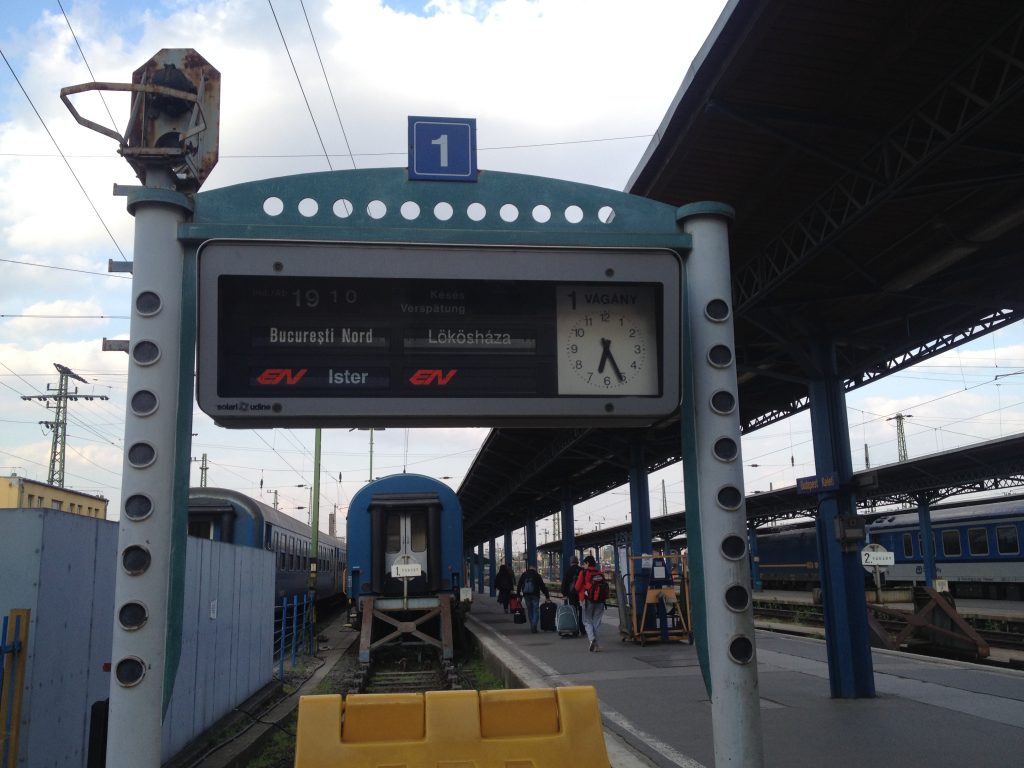
The train to Bucharest leaves from Platform 1 at Budapest station
It took four days and three nights to cover roughly 2,400 miles from Edinburgh Waverley to Sirkeci, Istanbul, crossing six European borders (seven counting Berwick on Tweed) as we travelled via London, Paris, Munich, Vienna, Budapest and Bucharest before arriving at the edge of Asia in Istanbul. We moved at high speed through France, Austria and Hungary, slowing only as we entered the graffiti zones announcing our arrival at each new city destination. Progress was slower from the Romanian border onwards but that added to the sense of discovery.
“Quality of trains decreases as journey progresses such that you need your own food and drink on last part. Worth it though”. That was advice from another Orient Express veteran, tweeted to us via wifi in Vienna. We packed a picnic for the overnight train from Bucharest but though the sleeper was more basic than the one which whisked us from Gare de l’Est in Paris to breakfast in Munich, it was clean and comfortable. We did as The Man suggested and booked a three berth cabin for two (it would have been very cosy with three!).
And nothing could beat the views when we opened the blinds next morning: dark green conifers climbing spiky Carpathian mountains, red houses roofed with tin shiny in the sun, horses pulling ploughs in woodland villages. The trip fhrough Transylvanian forest must rank as one of the great train journeys of the world.
Two stopovers allowed glimpses of places to go back to. We spent three days in Vienna: escaping rain in museums with Schiele, Klimt and Franz Ferdinand (no, no, the other one, though the band plays here quite often too); mooching passed murals on the banks of the Danube when the sun came out.
A night in Bucharest confounded our first impressions. Crumbling communist blocks round the station soon give way to new developments in a busy city centre. You can see and hear EU money being pumped and drilled into the Romanian capital: restoring grand old Art Deco buildings; constructing shiny new office blocks. We avoided the Glasgow pub, (“We proudly welcome heavy drinkers”) and made for a quiet pavement café instead.
Unforgettable, all of it. Work on the line meant two coach transfers on the last lap through Bulgaria. Yet, even that unplanned interval in Dmitgrovgrad was a good experience, shared with friendly fellow explorers from Germany, Bulgaria and Iceland all speaking immaculate English.
We were all mighty relieved when the train pulled up at the narrow gravel strip, and a grumpy guard unlocked sleeper cabins, shoving pillows and blankets through the doors. We could have done without being woken twice for passport checks at 3.15 and 3.50 as we crossed the border into Turkey.
But, it was all worth it. Our final coach dropped us outside Sirkeci station, where passengers on the real Orient Express had arrived for 126 years (from 1883 to 2009). After more than 100 hours of train travel, we had reached one of the most exciting and dynamic cities in Europe but as The Man from Seat 61 says, the journey itself had been an adventure.
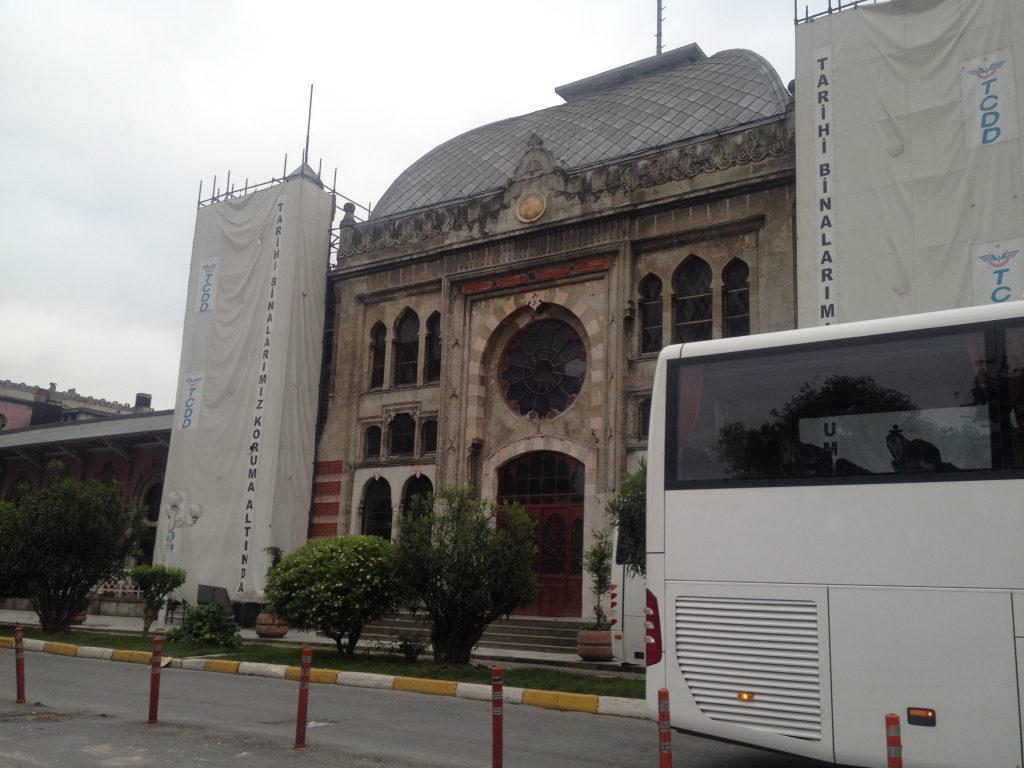
Sirkeci Station, where the real Orient Express arrived for 126 years (1883 to 2009), currently closed to international trains.
Five travel tips:
- Consult The Man in Seat 61 for best routes and latest diversions
- Travel light, but bring a sweater and waterproof gear
- Build in overnight stops if you can spare time and money
- Ibis hotel Bucharest (Gara de Nord) friendly, efficient, excellent food and good wifi
- Pack anti-bacterial handwash gel and paper tissues (train WCs often run short of water and towels)

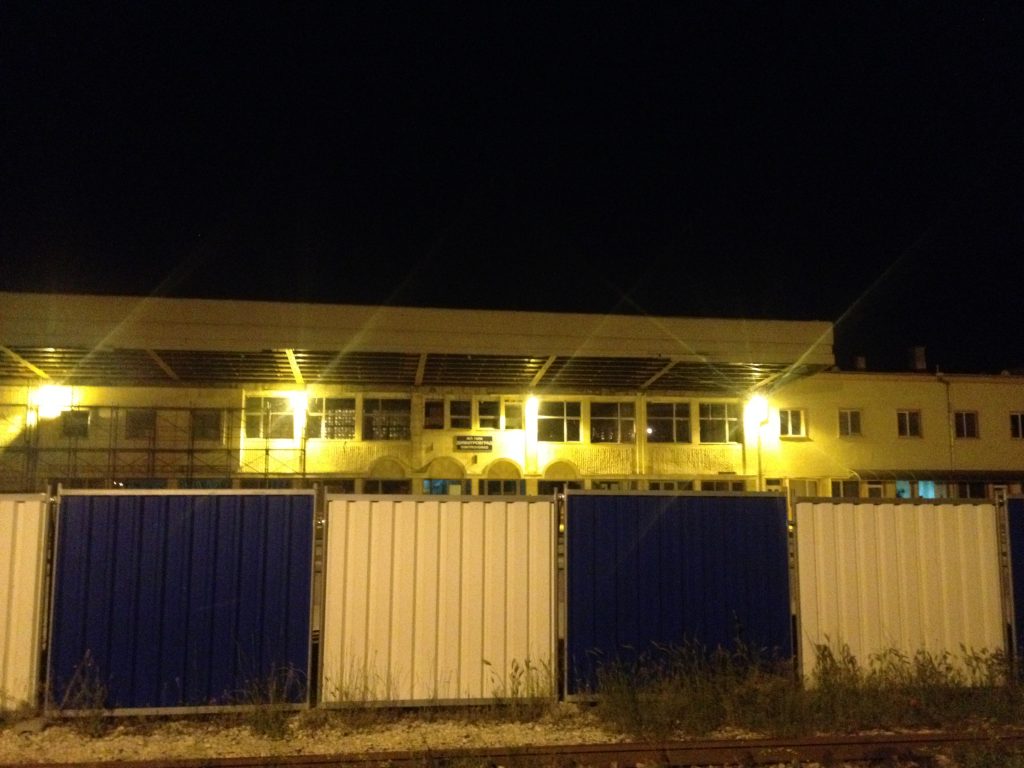
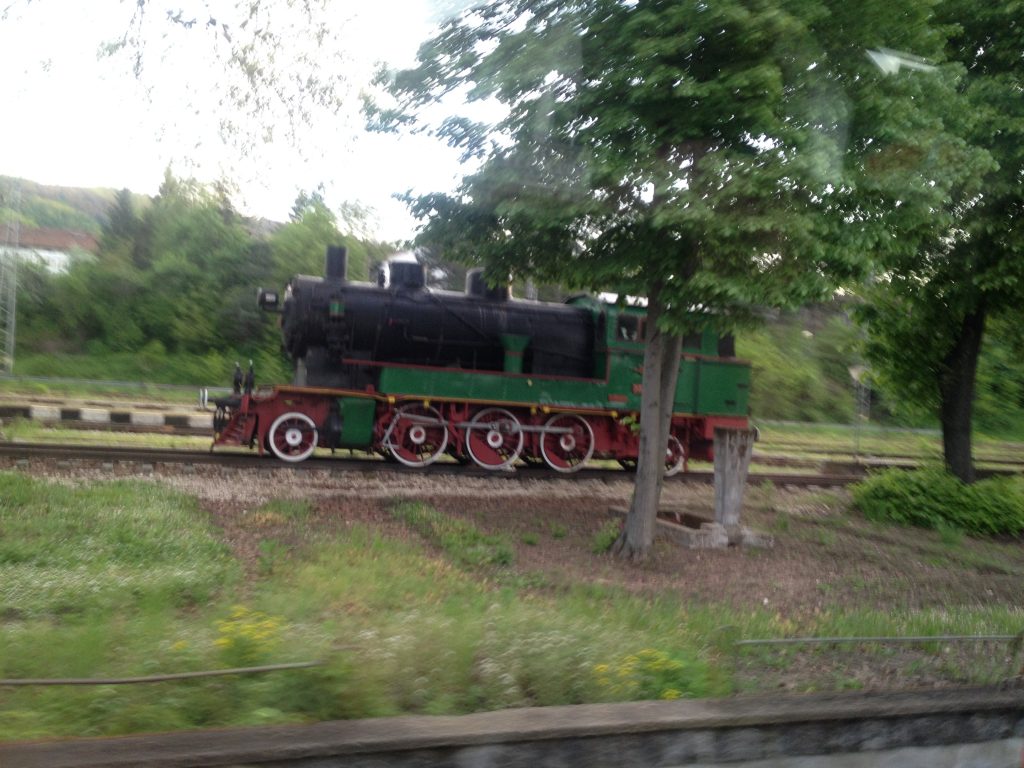
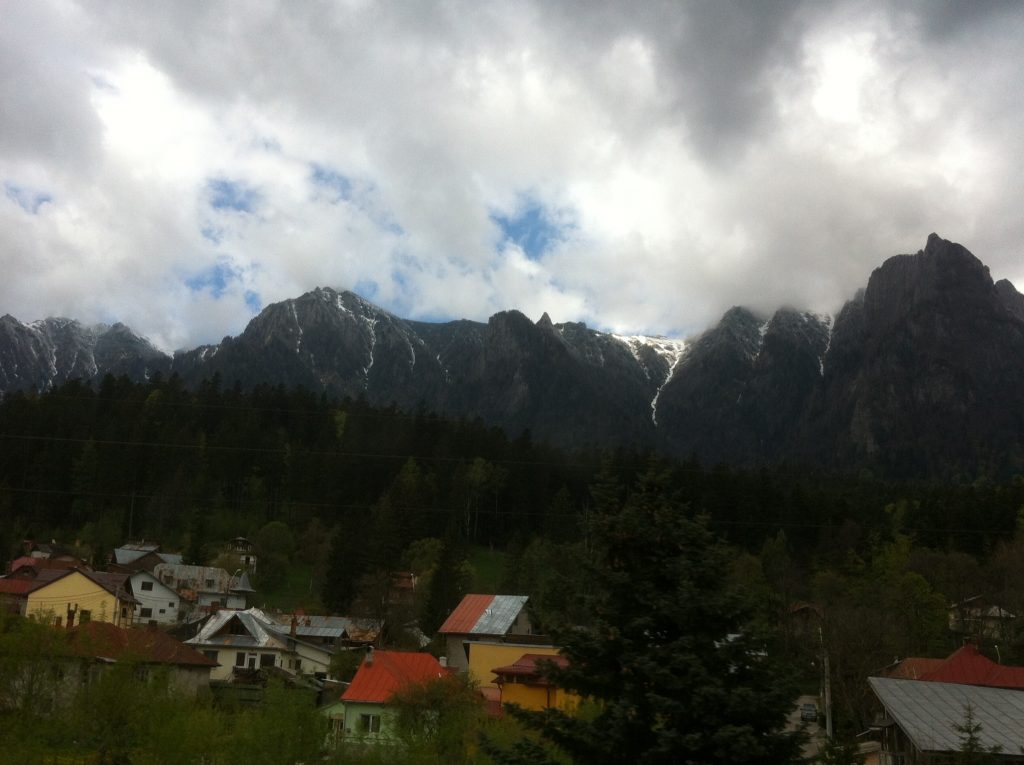
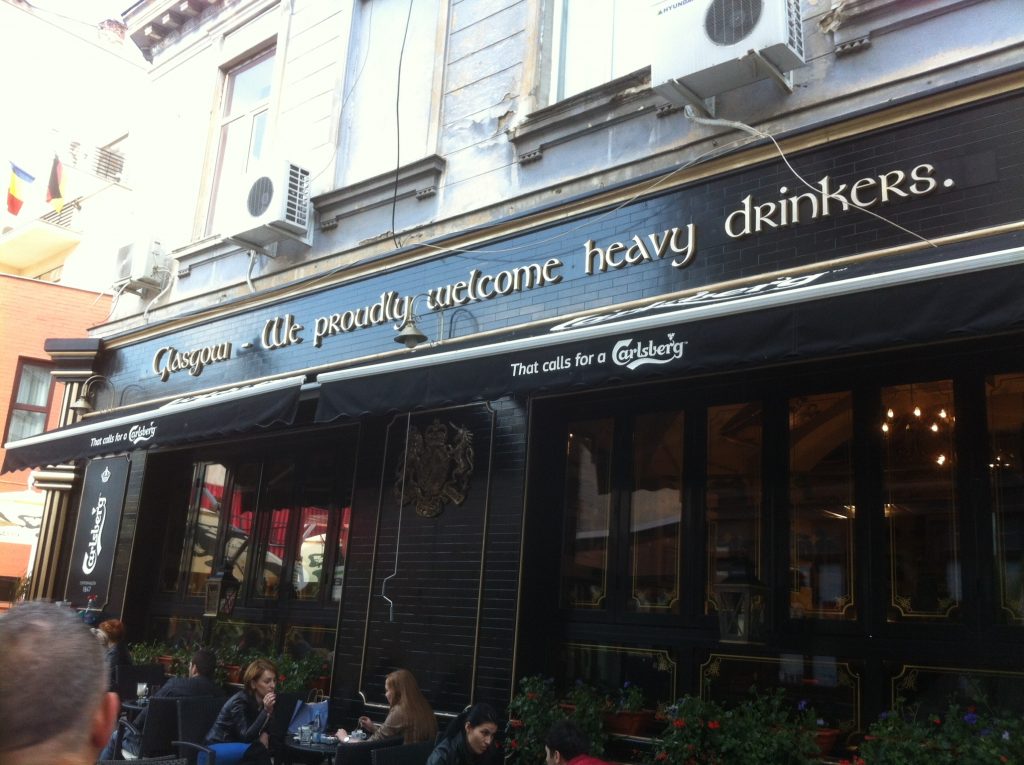

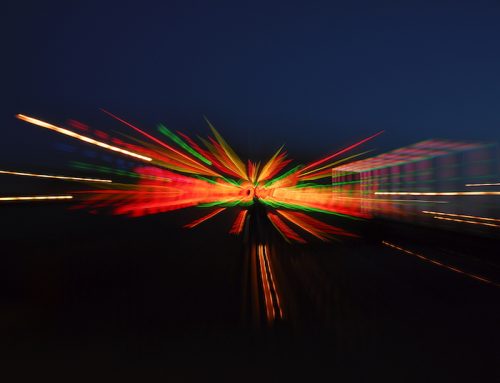

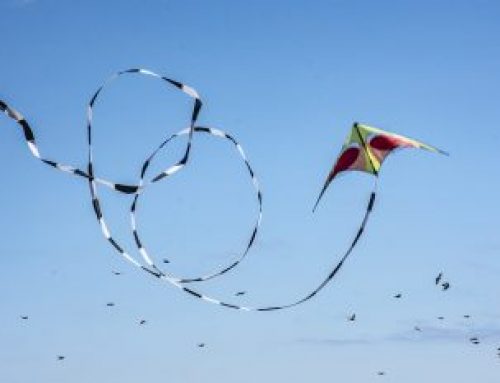

Leave A Comment